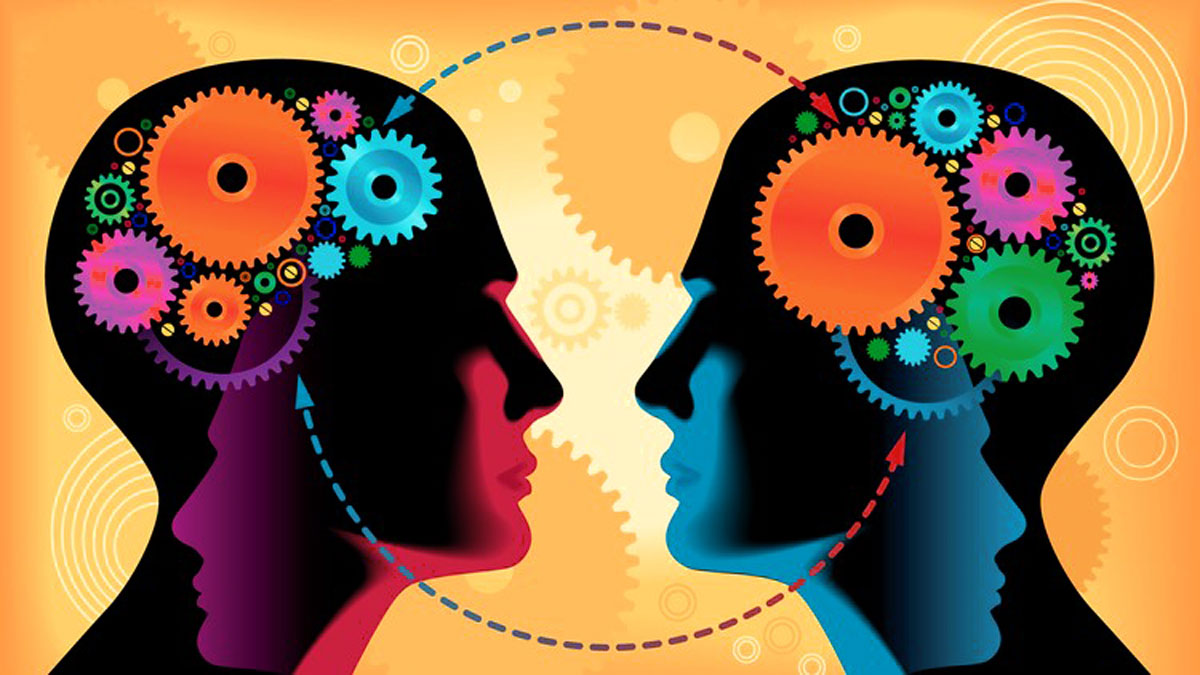5 fun psychology facts we bet you didn’t know
In the month of February, we celebrate Psychology Month to highlight the importance of psychology in helping individuals and communities. Psychology studies and attempts to explain why people act the way they act. This has many useful applications, such as improving decision making, stress management and overall living effectively
1. Dopamine makes you addicted to seeking information

Have you ever found yourself endlessly scrolling through your social media feed? It all has to do with the dopamine seeking-reward loop [2]. When you’re on your phone, you are stimulating dopamine. Many people know dopamine as the pleasure chemical, meaning it makes you seek enjoyment and pleasurable activities such as food, sex, drugs, etc. But dopamine also makes you seek information and become curious. So, when you’re looking at your feed, your dopamine loop becomes engaged and makes you want to keep scrolling to look for more information.
2. Being in love is biochemically the same as having a severe obsessive-compulsive disorder

“It’s often said that when you’re in love, you’re a little bit crazy. The beginning phases of love often appear like an obsession, which led people to consider the possibility that they may be neurochemically similar. Neuroscientists have linked the serotonin transporter 5-HT to both neuroticism and sexual behaviour as well as obsessive compulsive disorder (OCD).
3. In a few hours, you can be convinced you committed a crime that never took place
Evidence from wrongful conviction cases led to the development of this study. The study involved interviewing adult suspects in a friendly environment and using poor memory retrieval techniques. They were even able to describe the events in vivid detail, and some of them believed they committed a crime as serious as assault with a weapon in their teenage years.
4. There are genes that determine whether you’re an early riser or a night owl

You are genetically wired to be more active during the day or night. Whether you are a morning person, or a night owl is determined by a trait known as chronotype. This discovery was found by monitoring 85,000 individuals using wristbands [6]. They also found that morning people woke up on average half an hour earlier than night owls – so there may be scientific reasoning as to why you want to sleep in every morning!












